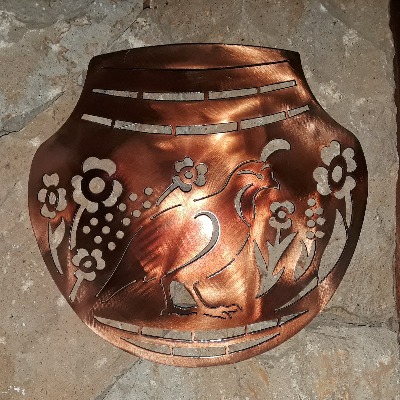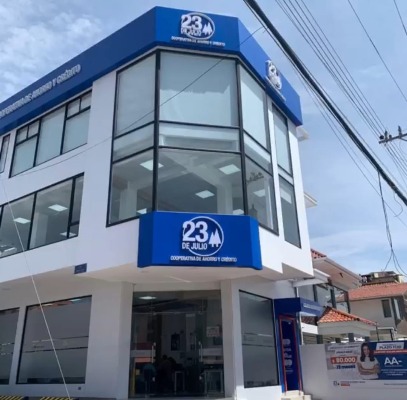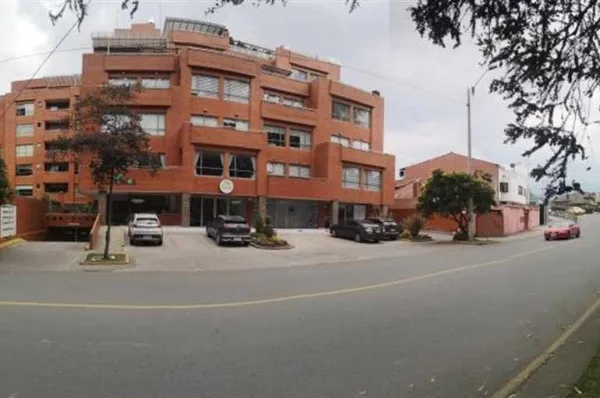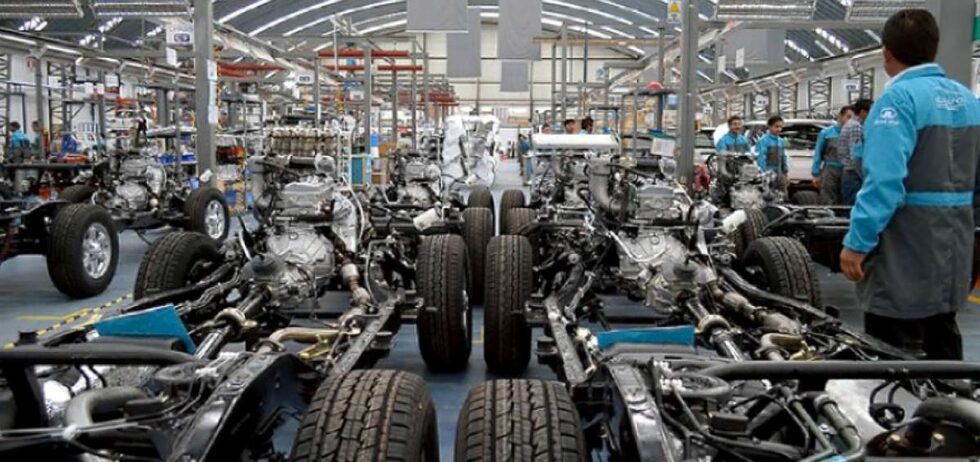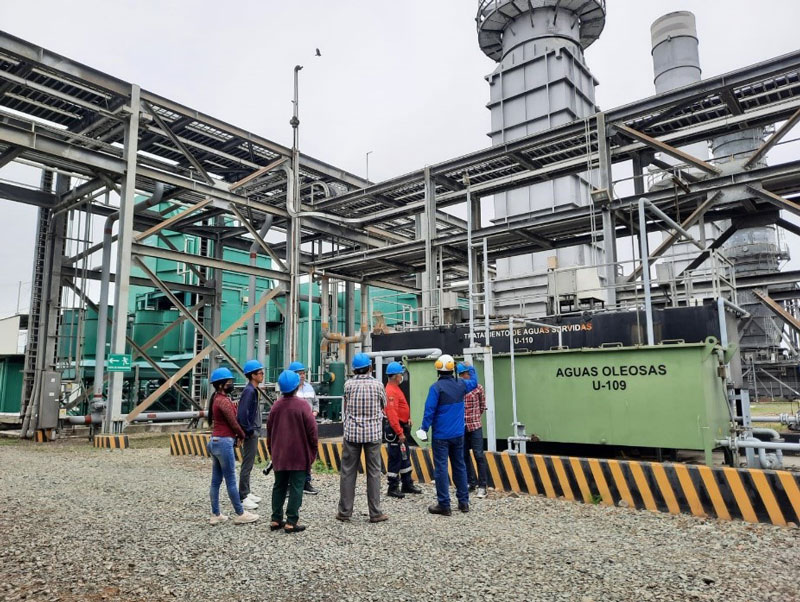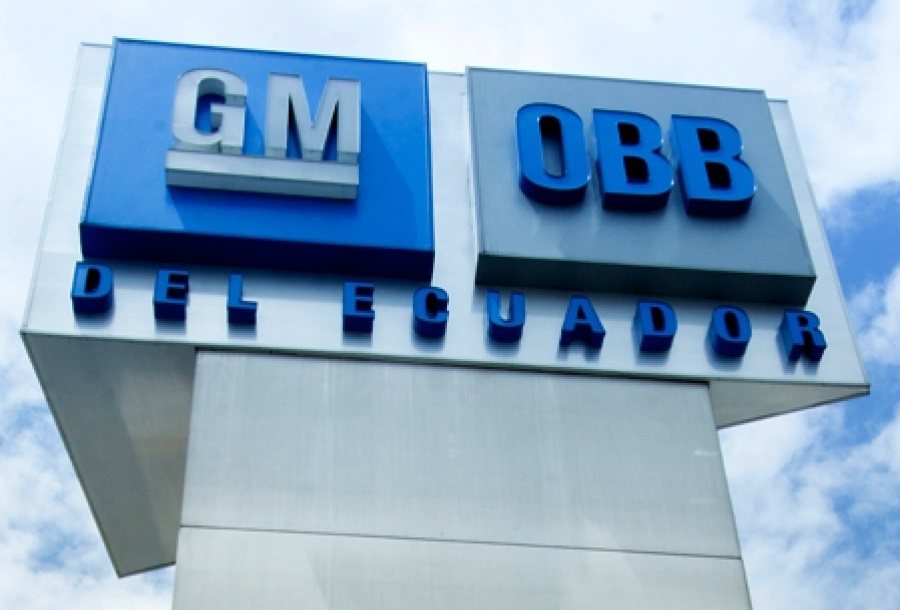Strongmen such as El Salvador’s Bukele are not the answer to Latin America’s problems
By the Financial Times Editorial Board
Latin America’s turbulent politics often hit the headlines. Less well reported is that the region has enjoyed a long and broad democratic expansion over the past 35 years. Nowhere else in the developing world are free elections so well entrenched.  Most of Latin America’s serving presidents were chosen at the ballot box in genuine multi-party contests, albeit of varying quality, the main exceptions being Cuba, Venezuela and Nicaragua.
Most of Latin America’s serving presidents were chosen at the ballot box in genuine multi-party contests, albeit of varying quality, the main exceptions being Cuba, Venezuela and Nicaragua.
Even in chronically unstable Peru, which is on its sixth president in six years, the changes of leader were made in accordance with the constitution rather than at the behest of generals.

El Salvador President Bukele
Yet rather than celebrating, many Latin Americans are fretting about the future of their democracies. One of the main reasons is the rise of populist leaders with an authoritarian bent, such as El Salvador’s Nayib Bukele. The bitcoin-loving self-styled “coolest dictator in the world” regularly tops regional opinion polls, largely because of his perceived success in fighting organised crime.
Bukele’s methods are brutally simple: round up thousands of young people suspected of being gang members and jail them indefinitely, then worry later about niceties such as criminal charges or trials.
Salvadoreans who had despaired of one of the world’s highest murder rates are now celebrating a record-breaking incarceration rate. Few worry that their president is bringing the legislature and judiciary to heel or that he is violating the constitution by seeking a second term in elections next year. A court picked by his supporters said the move was legal.
Many Latin Americans like what they see in El Salvador. From Chile to Mexico, citizens alarmed by a wave of violent crime are clamouring for their own Bukeles. According to a recent regional opinion poll, 54 per cent of Latin Americans agree with the statement “I wouldn’t mind if a non-democratic government took power, so long as it solved problems”.
The rising appeal of authoritarianism comes as transnational drug mafias spread their murderous tentacles into many of the region’s traditionally more peaceful countries. One of the candidates in last Sunday’s Ecuadorean presidential election was shot dead during the campaign. The victorious anti-corruption candidate in Guatemala, Bernardo Arévalo, has complained of a plot on his life.
Weak economies pose a threat to democratic leaders: for the past decade, Latin America has struggled to grow and the pandemic has set the fight against extreme poverty back by two decades.
Another risk lurks to the north: a Donald Trump victory in next year’s US presidential election. While in office, Trump proved a good friend of two of Latin America’s leading authoritarian populists, Brazil’s Jair Bolsonaro and Mexico’s Andrés Manuel López Obrador. His entourage still dreams of spreading Trumpian politics across the Americas.
Latin Americans have a history of looking to autocrats to solve apparently insuperable problems. The “caudillo”, or strongman, loomed large in the 19th century despite often dire results: Mexico’s Antonio López de Santa Anna lost more than half the country’s territory to the US and Paraguay’s Francisco Solano López triggered a war with his bigger neighbours that slaughtered about half the population.
Today’s authoritarian populists may be less bloody than their caudillo forebears, but they are unlikely to prove more effective. That makes it all the more urgent for the region’s democratic presidents to deliver the sustained economic growth, effective crime-fighting and better public services that Latin Americans crave.
___________________
Credit: Financial Times






